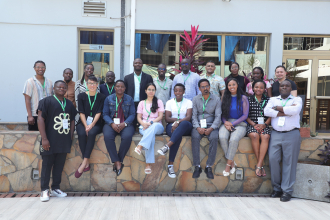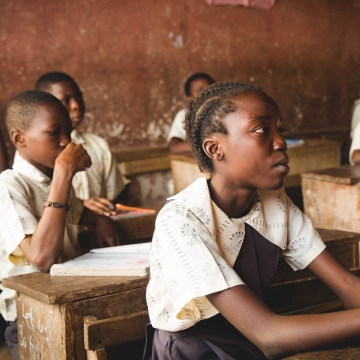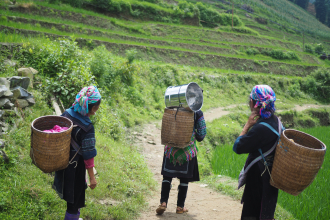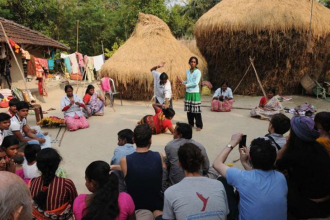Abstract
Demand-side management of energy consumption using energy efficiency improvements has the potential to reduce poverty in addition to reducing greenhouse emissions. However, very little is known about the impact of electrical energy consumption inefficiency on poverty.
Using data from a household survey and the Ordinary Least Square estimation technique, we first assess the impact of household electricity consumption efficiency on multidimensional poverty using a stochastic energy demand frontier model.






